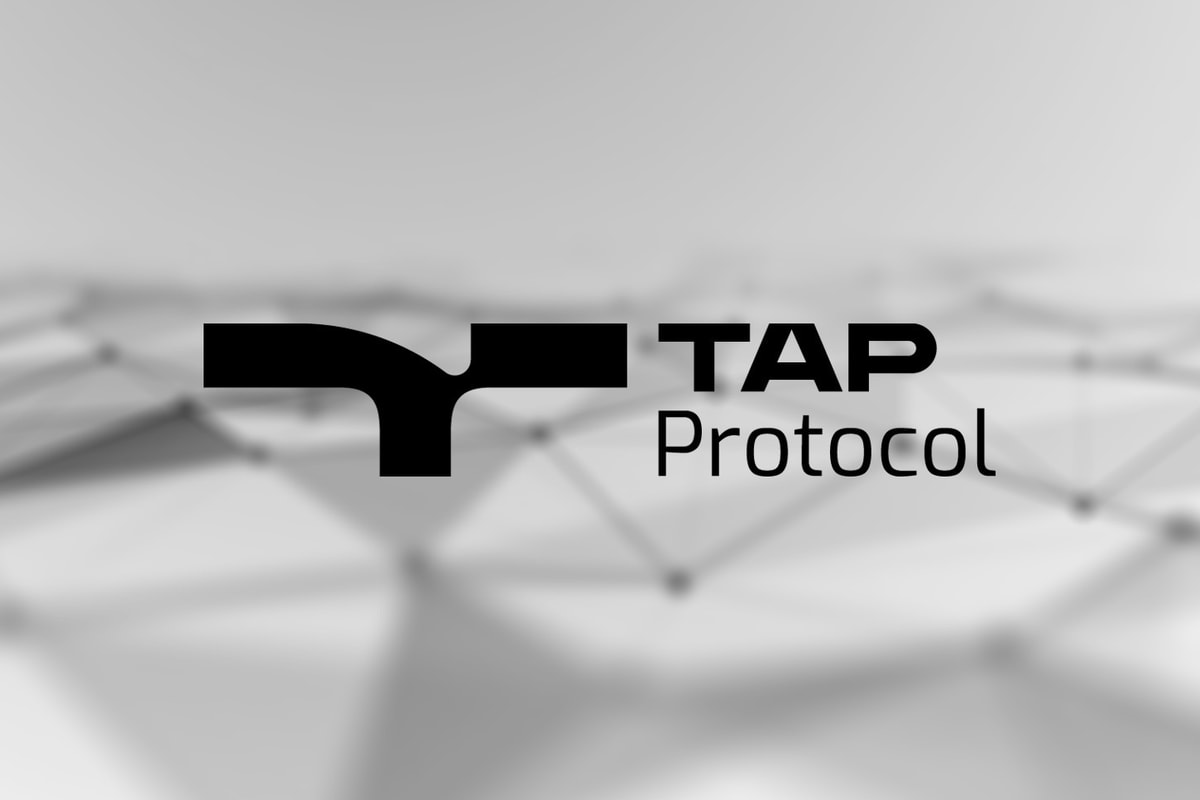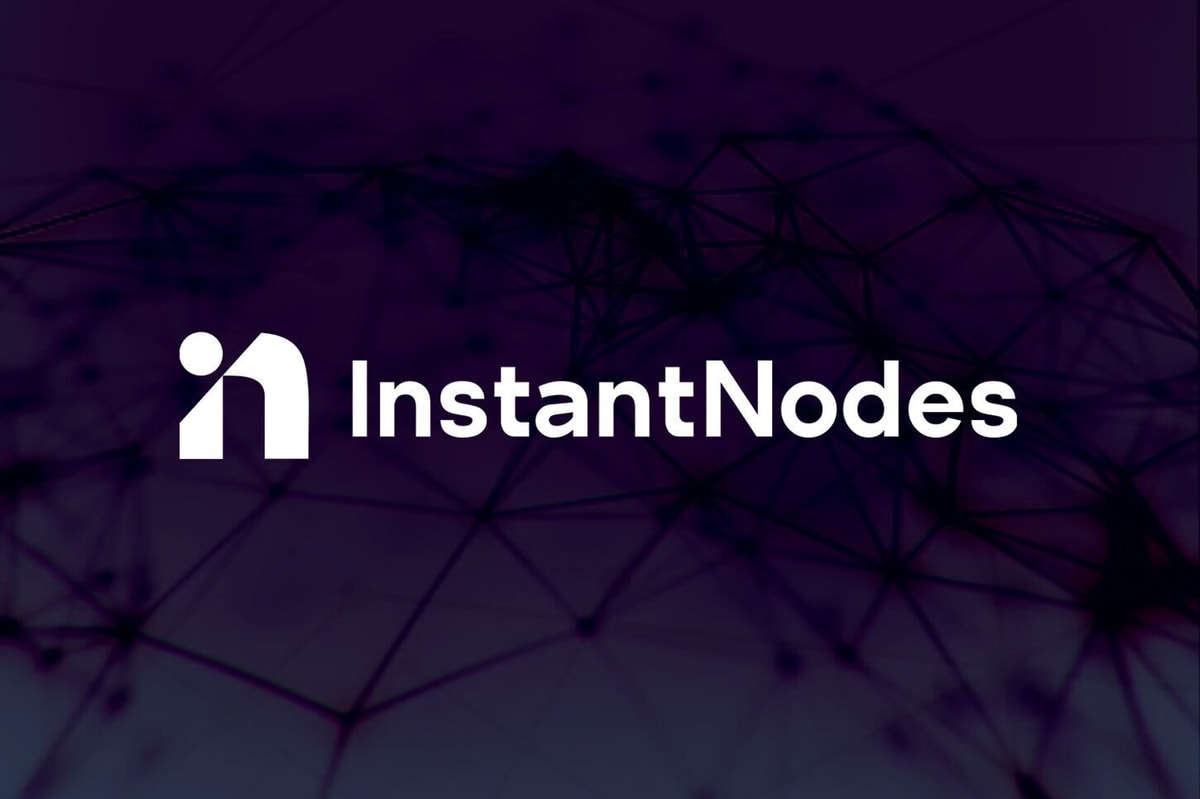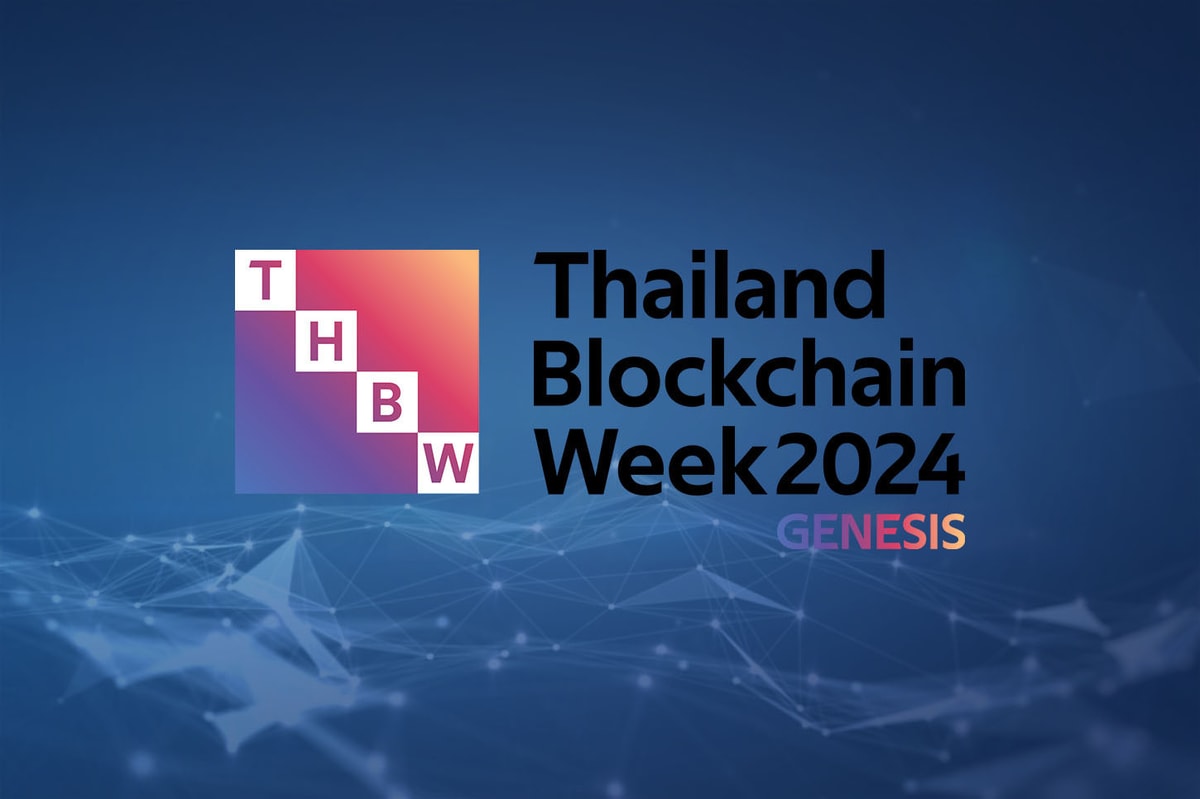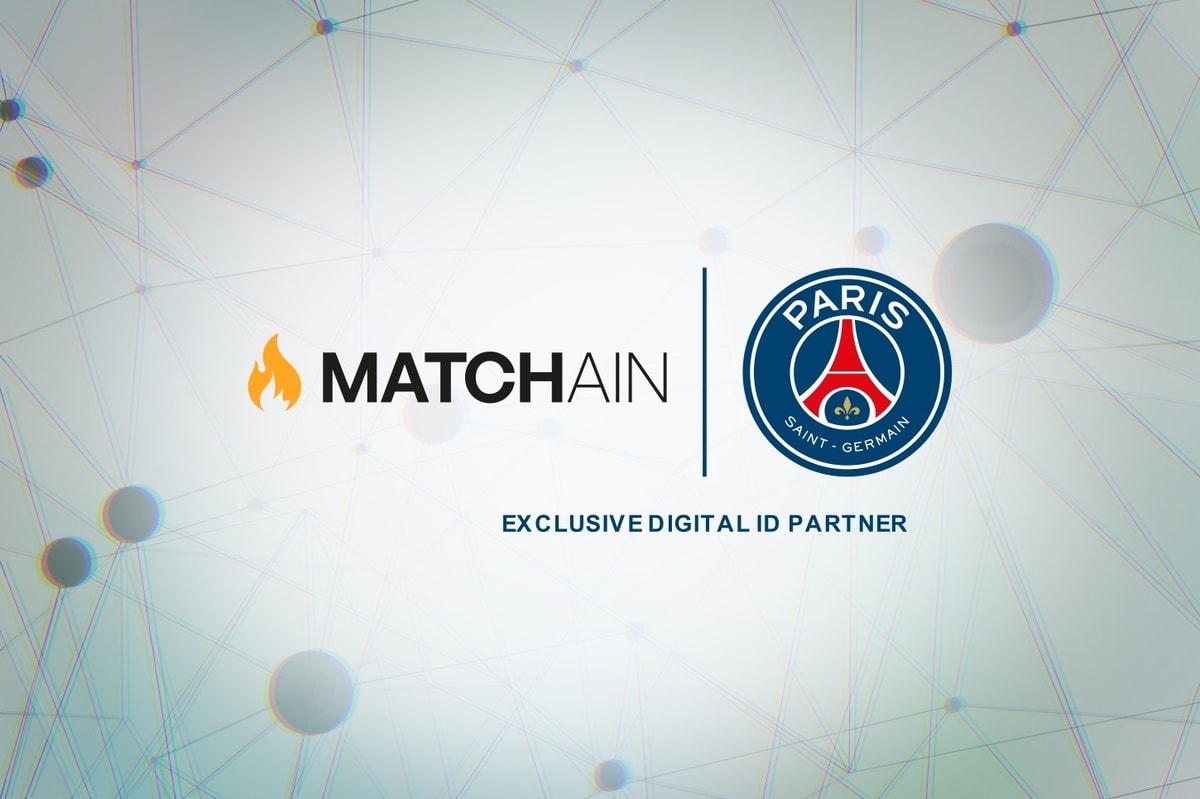
Earlier today at the Web3 Summit in Berlin, SubQuery demonstrated the next generation of its decentralised network, decentralised Artificial Intelligence (AI) inference hosting. In a live demo to participants, SubQuery’s COO James Bayly interacted with the latest open source LLama model running across a network of decentralised Node Operators on SubQuery’s internal test network.
The core mission of SubQuery is to provide tools to developers to allow them to decentralise without compromise. They claim to help drive a movement for developers to build next generation web3 apps for millions of users, a movement that prioritises decentralisation above all else.
The SubQuery Network is an innovative infrastructure layer that will help power this movement, already supporting decentralised data indexers and decentralised RPCs, key components of the tech stack that every developer needs to build a dApp. SubQuery claims to have proven that they are a viable alternative to centralised service providers and technologies, and achieved this with a network that’s open for anyone to participate in as a node operator or delegator.
In the last year, the world has woken to the potential AI brings for transforming the way we approach everything we do, across all industries, including within web3. SubQuery says that they’ve been watching it for some time, and working behind the scenes on it. James says “The web3 summit in Berlin with its focus on decentralised technologies is the perfect place for us to announce this next step, and demonstrate it live.”
SubQuery is focusing on modelling inference, as opposed to model training in its network. Inference is using an existing trained model to make predictions on new data, e.g. to run existing AL models to answer user’s queries. “There are already some commercial services providing inference hosting for custom models, but not many yet in web3”, James says, “it’s much more suitable for long term hosting on our decentralised network.”
SubQuery claims that the current market for running production inference services is dominated by large centralised cloud providers charging astronomical costs. “Solutions like OpenAI and Google Cloud AI are not only pricey, but are also using your private prompts and data to further train and enhance their closed source proprietary models'' says James. SubQuery will predominantly focus on providing accessible, easy, and cheap open source hosting for production AI models, James says, “we hope that eventually it takes no more than 10 minutes to deploy and access your own production ready LLM model through our network”.
So why run AI inference on a decentralised network? “We’re concerned that if the world is forced to use closed source AI models, we’re giving those big corporations a bigger moat in which to train and enhance newer models, a vicious cycle giving power to the wrong people” says James. “By running on a decentralised network and distributing queries across hundreds of node operators, no single party can track you or front-run your plaintext prompts or use them to build a moat against open source.”
The SubQuery Network will provide industry leading hosting of the latest open source models, allowing them to bring scalable AI services to web3. SubQuery will use a community driven approach to run AI inference at scale across a network of independent Node Operators in a cost effective and decentralised way.
About SubQuery
SubQuery Network is innovating web3 infrastructure with tools that empower builders to decentralise the future - without compromise. Our flexible DePIN infrastructure network powers the fastest data indexers, the most scalable RPCs, innovative Data Nodes, and leading open source AI models. We are the roots of the web3 landscape, helping blockchain developers and their cutting-edge applications to flourish. We’re not just a company - we’re a movement driving an inclusive and decentralised web3 era. Let’s shape the future of web3, together.
Linktree | Website | Discord | Telegram | Twitter | Blog | Medium | LinkedIn | YouTube











